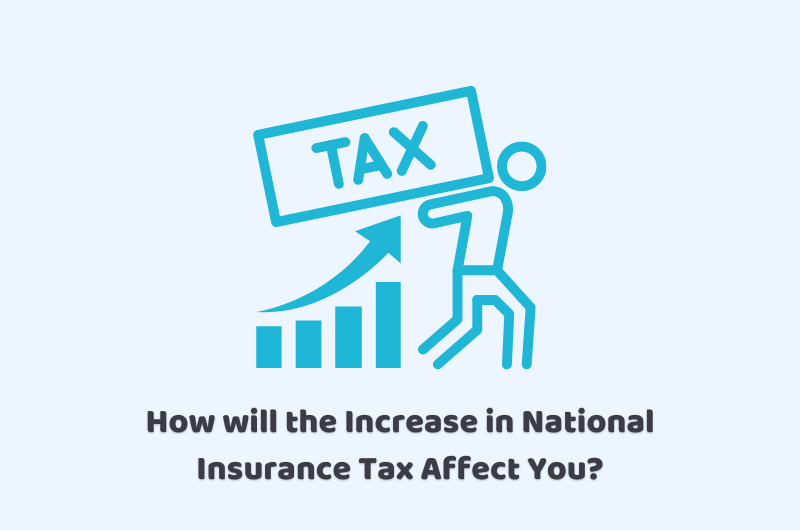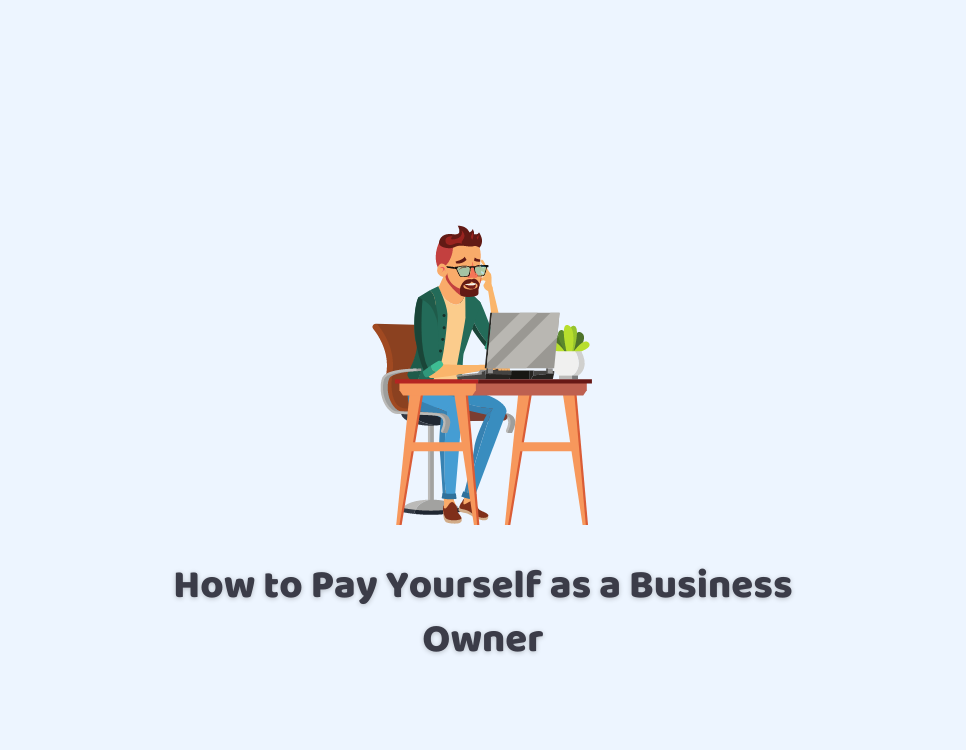
13/09/2022Finance
Are you planning to start a new business as a sole trader? You might be worried about asking the question “Can a Sole Trader Have Multiple Businesses?” The other questions coming along with this primary question are related to the tax, national insurance and VAT implications.
So, you need not worry about this as you can run as many businesses as possible to enjoy flexibility and freedom as a sole trader. On the other hand, you can maintain the income you need to bolster your lifestyle.
Running a small business as a sole trader may increase your potential to manage more than one business simultaneously. It brings not only a higher level of income but financial problems while dealing with the HMRC. So, let’s discuss each of these problems and discuss the solution!
Are you a sole trader and want to have another business in the United Kingdom? Why not take assistance from financial advisors at CruseBurke who are keen to help you?
Can a Sole Trader Have Multiple Businesses?
Fortunately, a sole trader can have multiple businesses at a time. For this, you need to be cautious about a few things and you can manage all your financial hassles seamlessly. A sole trader is simply required to provide self-assessment tax returns including a separate section for each of your businesses.
If you register all of your businesses separately with HMRC, you will receive a different Unique Tax Reference (UTR) number each time. It will be a hassle for the sole traders and the HMRC. So, it is wise to report only one self-assessment tax return report instead of reporting separately for each business.
HMRC will calculate all of your income as a whole from all your businesses, and not as a separate income. However, you are suggested to not merge the bookkeeping records and other details of all businesses as it won’t be feasible and efficient from the tax perspective.
How To Deal With VAT?
With more than one business, the one question arising is that should you register for VAT separately for each of your businesses. The answer to this question is a little bit tricky. For example, the criteria for being a VAT registered is the annual turnover of £85 000. If your total income from all your businesses amounts to this threshold, you are liable to register for VAT with the highest turnover.
The major reason behind this is that if you register other businesses for VAT, you will be obliged to pass on the tax to the customers. And, this is not considered an optimum choice due to the financial strain on small businesses.
So, it is sensible to register your business with the highest profits for VAT with the HMRC. It will be tax-efficient and a business-friendly approach.
How National Insurance and Tax Returns are Influenced?
Your National Insurance Contributions (NICs) and Tax returns will also be affected by the multiple businesses. In this, the option of personal allowance will not be available every time you launch a new business. Instead, you will get a personal allowance only once. The current personal allowance is £12, 570, as of 2022/2023.
On the other hand, if your income is more than this personal allowance, you will submit self-assessment tax returns. For this, your income tax bracket will also be updated as your total income from all businesses will be counted.
If your annual turnover of £85,000 by adding all the income from all self-employed businesses. On the other hand, your NICs will also be get affected by this branching out of your businesses.
Self-employed persons pay Class 2 NICs at a flat rate of £3.15 weekly. Moreover, they fall into the category of Class 4 NICs and it is applied to your profits and not to your incomes. If your total profits are rising, you have to pay more in NICs. The total profits are counted from all of your businesses.
The Bookkeeping and Invoicing Records
Although multiple businesses might be attractive for many, it comes along with many financial strains and hassles. Managing your multiple businesses simultaneously requires the management of multiple bookkeeping records and invoicing records.
To avoid any mismanagement, you need to maintain business records separately. Merging all of those records can create problems for your business in terms of VAT and customer support. So, it is essential to keep each of your businesses separate unless it is for self-assessment tax returns.
Keeping accurate records requires additional time, effort and resources. Therefore, if any one of these is missing, running multiple businesses can become a mess.
The Bottom Line
Managing self-assessment tax returns requires no new UTR number. For VAT registration, you need to register your business with the highest earnings if no business has been registered yet. Otherwise, if your first business is VAT registered, the new businesses are not required to get registered for VAT.
Your NICs and income tax bracket will also be changed. So, it depends on your whole income and not on a single business. Similarly, you will enjoy the personal allowance only once and not every time you have another business.
Above all, you need to consider the factor of time and energy required to put into the management of all businesses. If you can manage all of these businesses efficiently, you can go for the option of multiple businesses. Otherwise, you will ruin your first business as well. I hope you have found an accurate and detailed answer of your question “Can a sole trader have multiple businesses”.
Let’s get the best advice on your business and how it can affect your taxes as a sole trader from the top-notch legal and tax advisors at the CruseBurke. Send us a message or give us a call.
Disclaimer: All the information provided in this article on Can a Sole Trader Have Multiple Businesses, including all the texts and graphics, is general in nature. It does not intend to disregard any of the professional advice.



